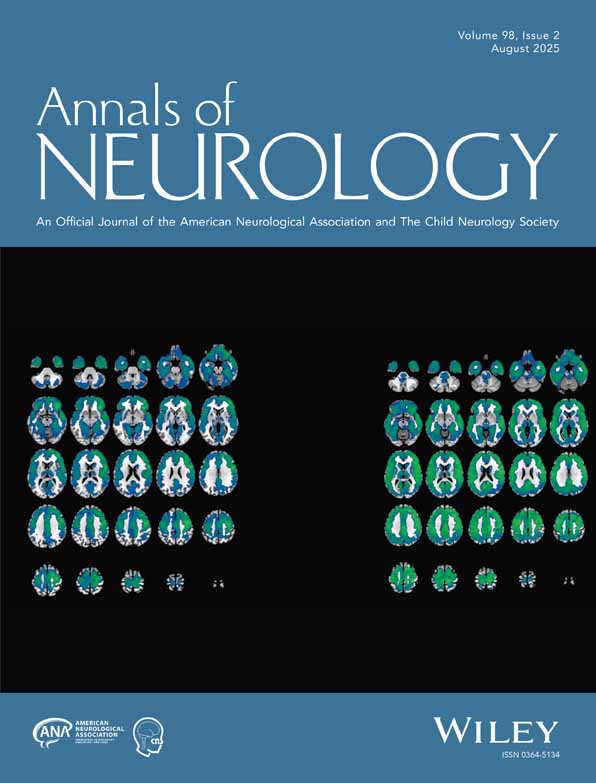No evidence for spumavirus or oncovirus infection in relapsing–remitting multiple sclerosis
Abstract
Polymerase chain reaction analysis was used to investigate the possible role of human spumaretrovirus and oncoretroviruses (human T-cell lymphotropic virus types I {HTLV-I} and II {HTLV-II}) in multiple sclerosis. Eleven patients with relapsing-remitting multiple sclerosis in exacerbation and 11 normal blood donors were included in the study. Cerebrospinal fluid cells, peripheral blood mononuclear cells, and plasma were cocultured with allogeneic mononuclear cells for 6 weeks. Cultured cells were subjected to polymerase chain reaction analysis with primers selected for the pol and gag (human spumaretrovirus), pol and env (HTLV-I), and pol (HTLV-II) genes. Polymerase chain reaction was negative in all patient and blood donor control samples, whereas positive controls were consistently reactive with high sensitivity. No culture exhibited cytopathic effects and supernatants were negative for reverse transcriptase activity. Thus, our results do not support a role for these retroviruses in the pathogenesis of multiple sclerosis.




